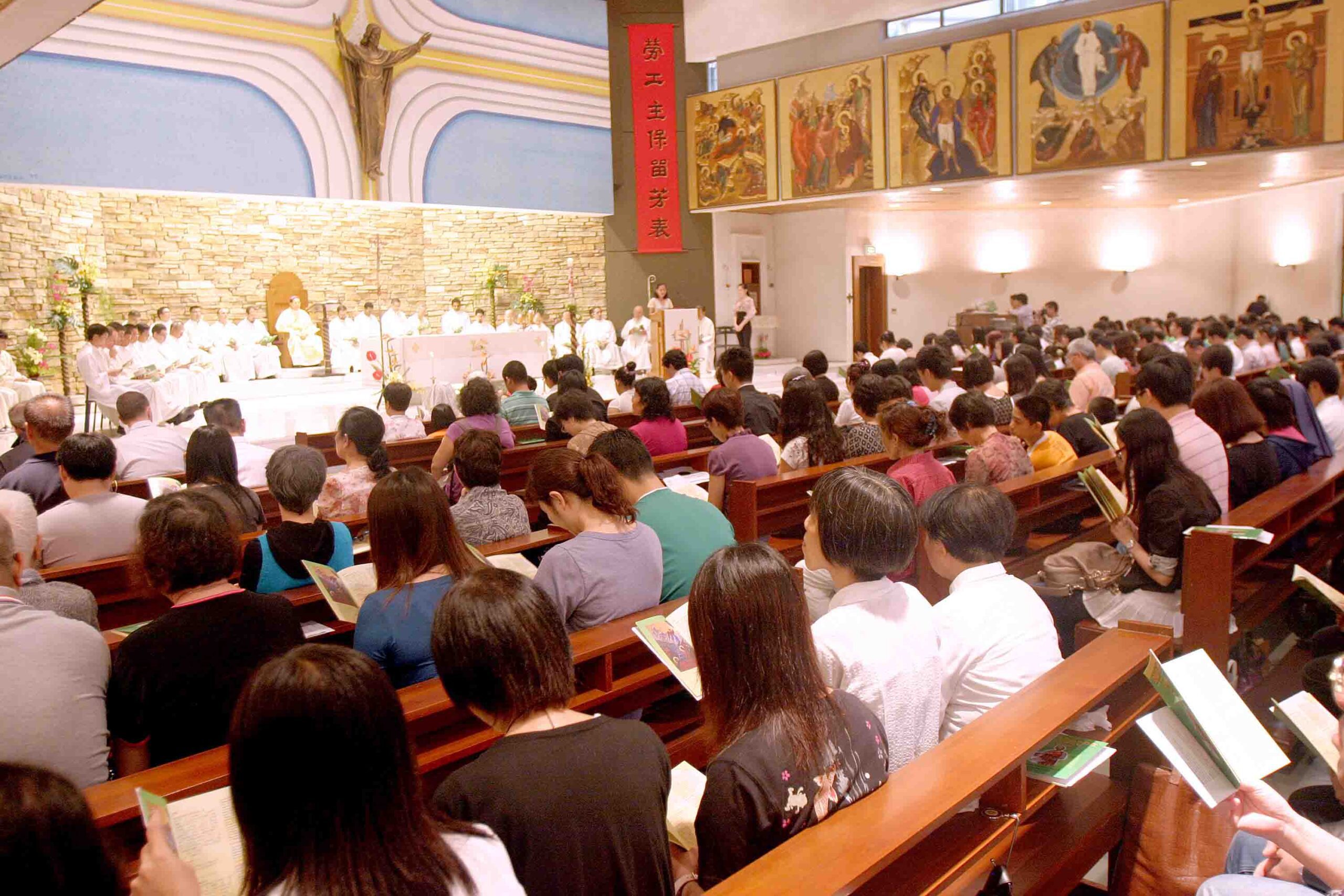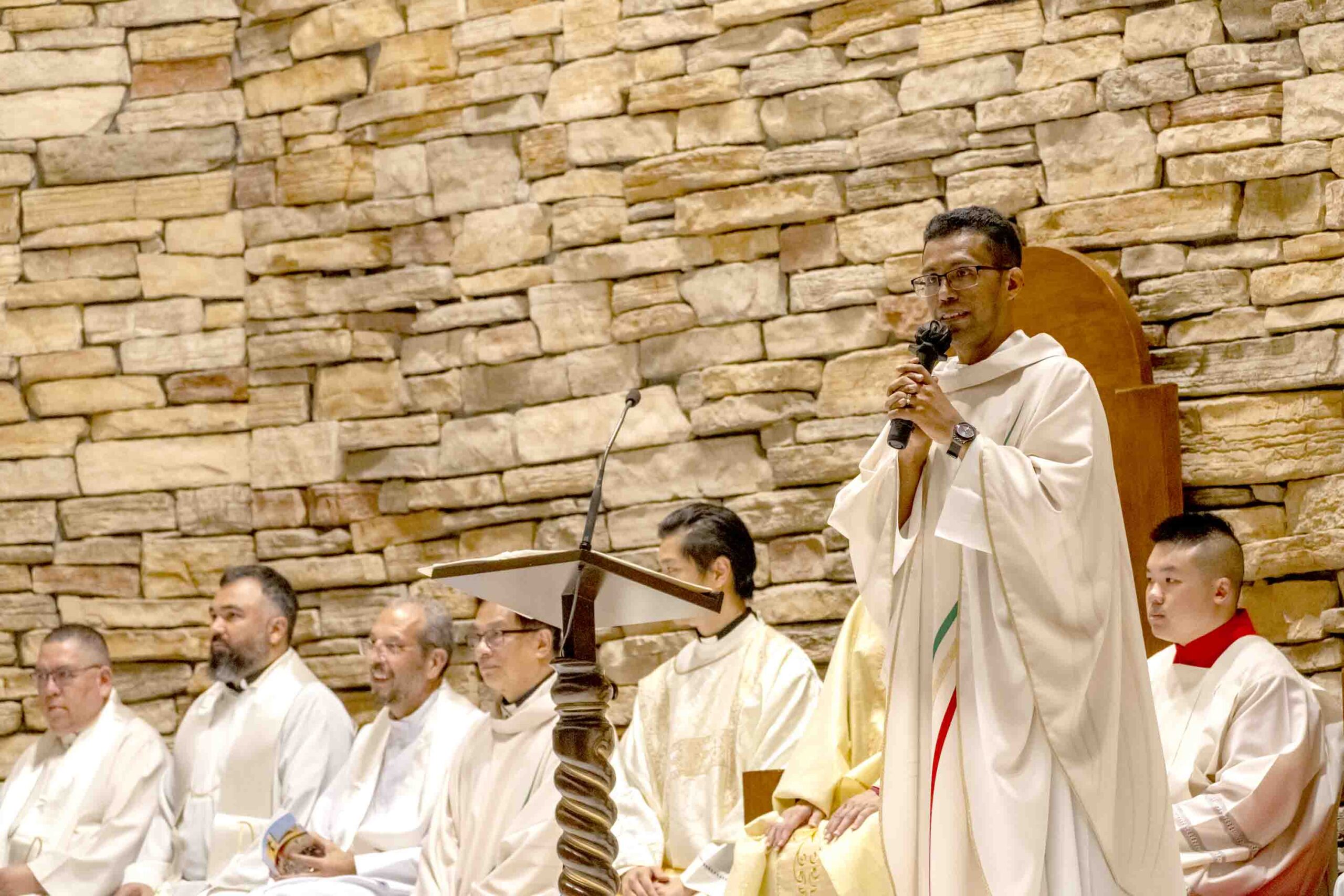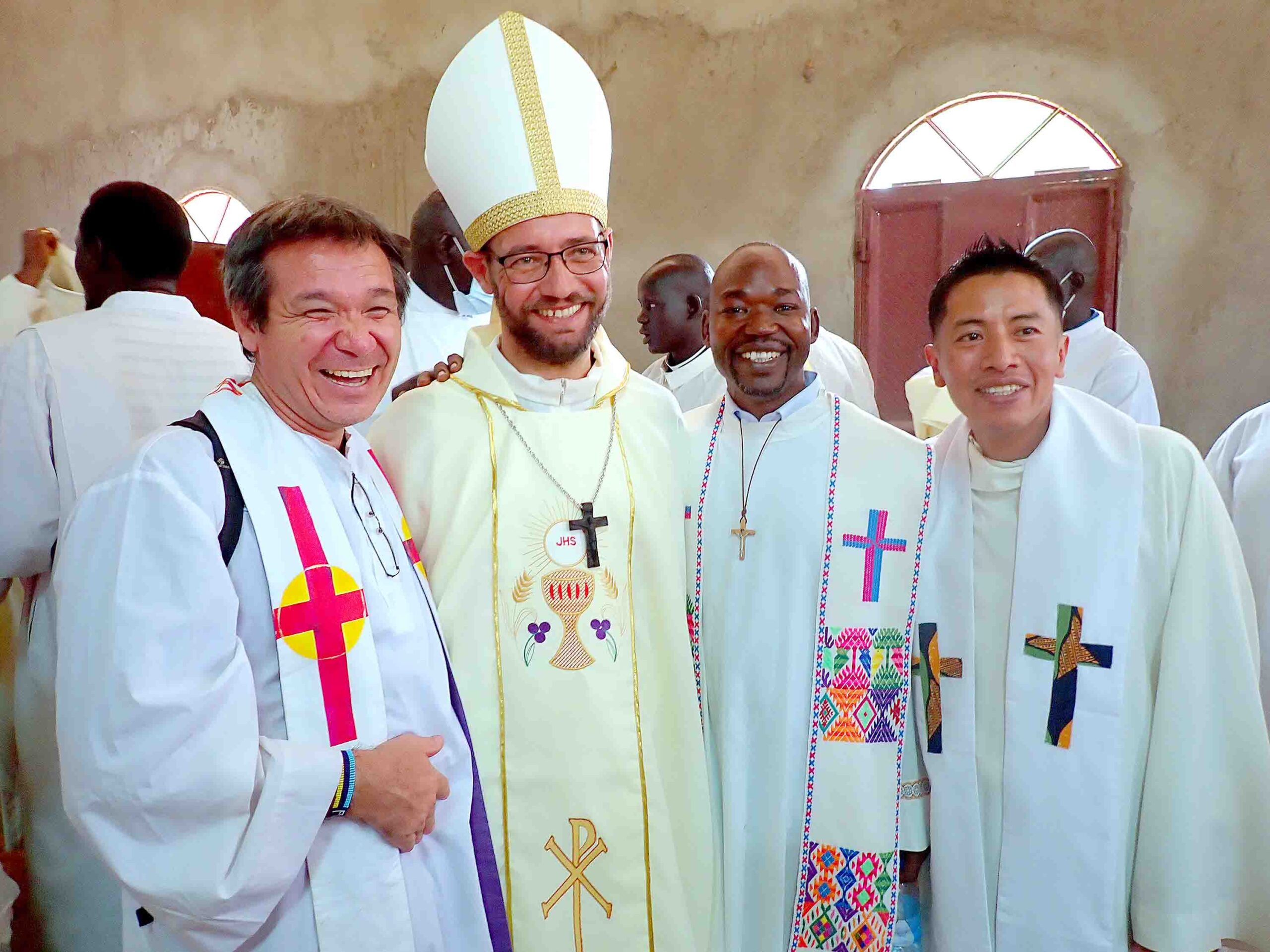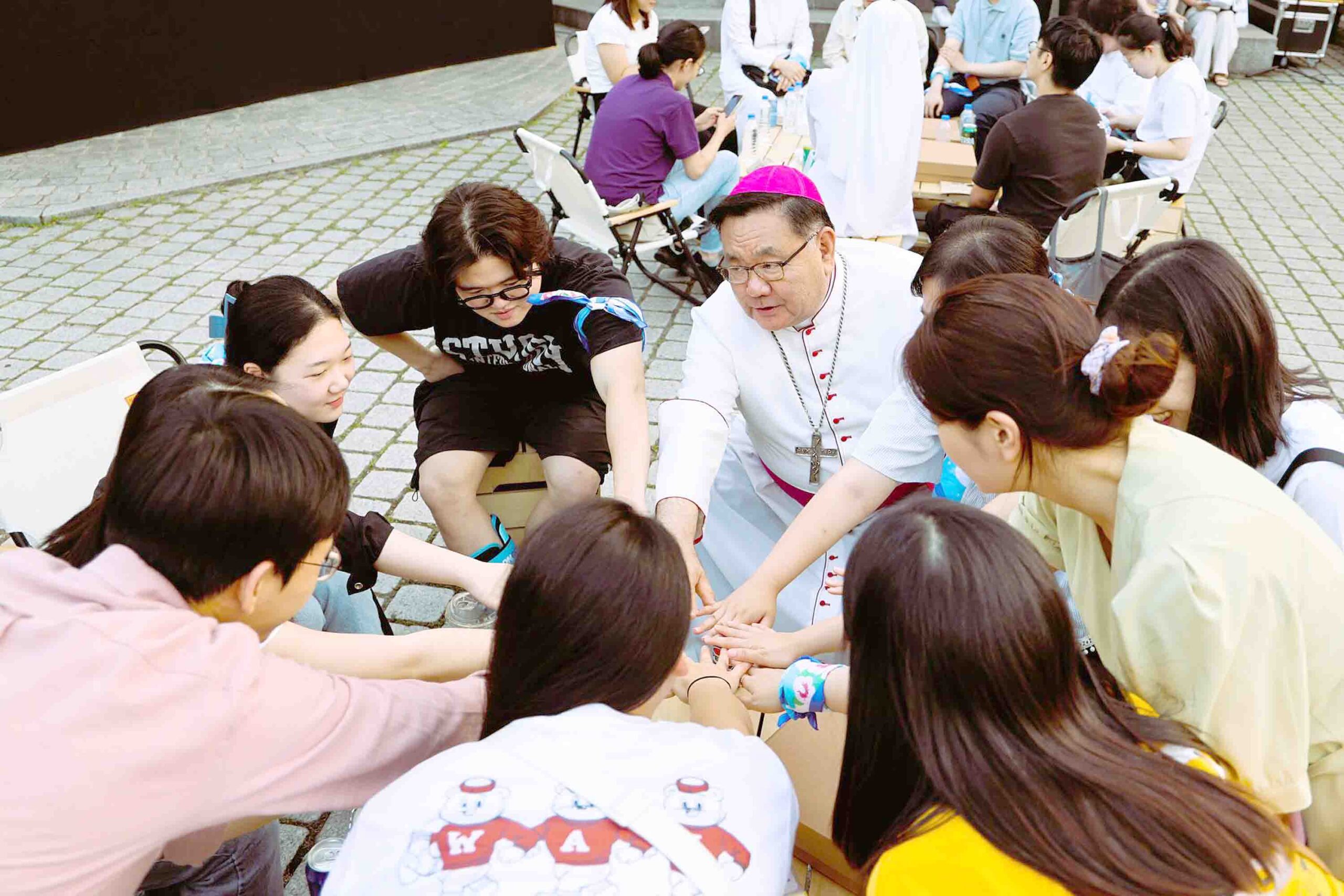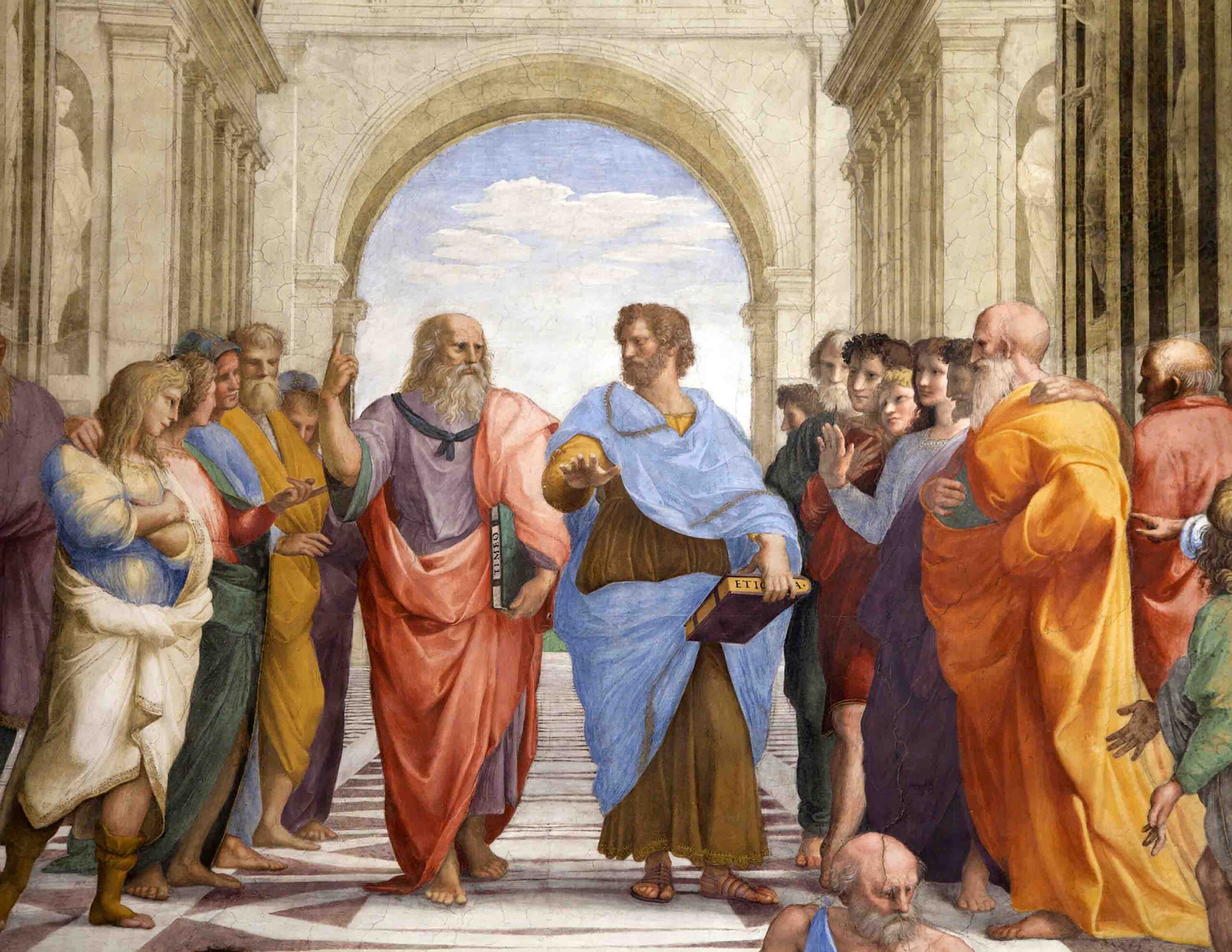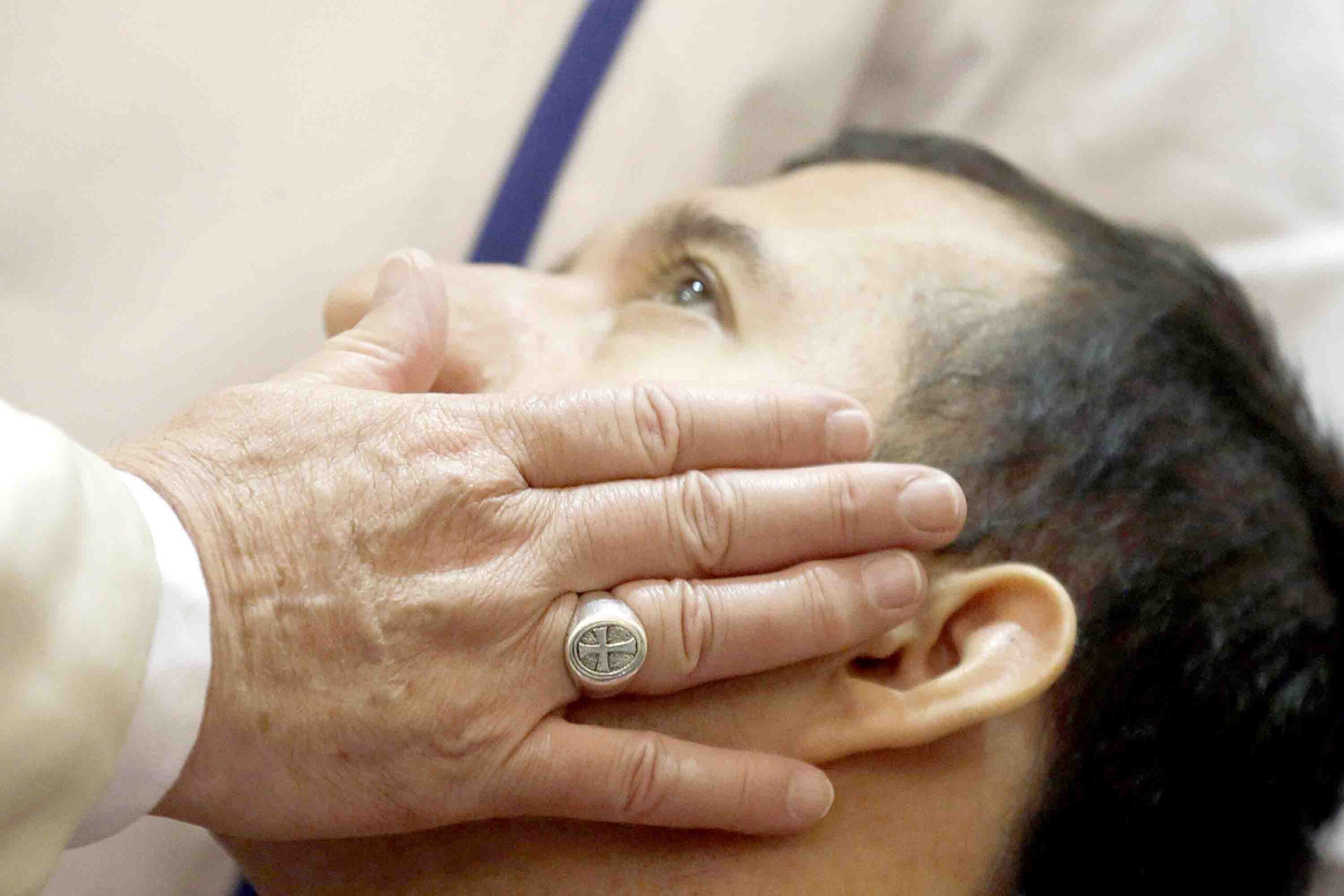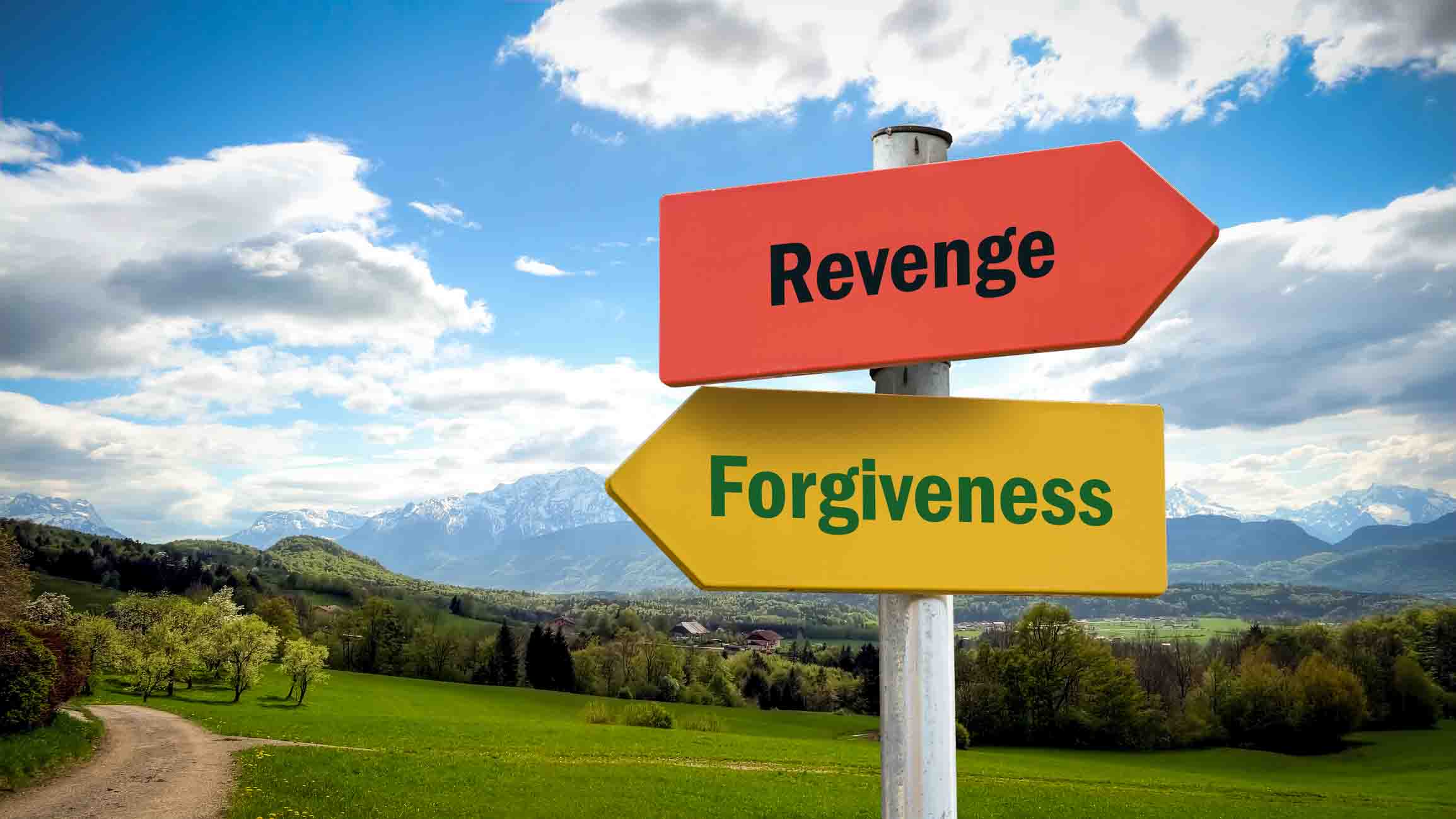Jesus spoke about the greatness of not seeking attention: no trumpets, no phylacteries, no ashes on the face, going into the quietness of a room to pray, the story of Lazarus and the rich man, priest who passed by and the Samaritan who helped the wounded, doing with utmost simplicity as the occasion demanded, what faith prompted what humanity required.
Little things count. At a given stage, even a great impending disaster can be handled successfully with a little effort, attention, care, prudence, alertness, resource, concern, love, or generosity.
Was it Archimedes who said, give me a lever long enough, and I will lift the world? A little extra generosity is sufficient to help a lame man across the road, get an old lady admitted to the hospital, go out on a hot afternoon for social service, volunteer to take a Bible class for street children, spend a brief while longer at prayer, inject hope into a despairing heart.
MISSIONARY SPIRITUALITY
There is the dullness in routine: monotonous good advice, repetitive corrections, endless prayers, or boring parish meetings. But if there is the freshness of faith, nothing is dull, purposeless, and unproductive. It generates contagious enthusiasm and many things get done. That is genuine missionary spirituality.
Bring a bit of cheer into your daily life. “A good laugh is a sunshine in a house,” says William Makepeace Thackeray. Humour stimulates a gathering. Encourage each other. Give a willing ear to exuberant conversationalists. Allow people to repeat old stories, jokes!
Laugh so heartily that you become equipped to take life seriously, that you can return refreshed to your serious work. “No one ever died of laughter,” says Max Beerbohm. “Laughter is a tranquillizer with no side effects,” assures Arnold Glasgow. Be cheerful, not cynical. “Cynicism is disappointed idealism” according to Harry Kemelman.
“Cynicism is humour in ill-health,” contends H.G. Wells. Let your statements be wise, good-humoured, not ironical, not bitter. Sit at times a little longer at table and chat of cheerful things. “Instead of loving your enemies, treat your friends a little better,” pleads Ed Howe.
Make up, if you have offended someone or if someone has offended you. Make up. Forgive, seek forgiveness. Let not the sun go down on your anger. You may make up formally–or informally, in praying together, showing kindness, working together. Face a sudden crisis with serenity. A crisis helps you to wake up: a major family quarrel, a neighbourhood clash, an undeserved accusation.
CRISIS AS AN OPPORTUNITY
The Chinese word for crisis can mean both ‘danger’ and ‘opportunity’. We must indeed accept every crisis as an opportunity. At least it breaks the boredom of daily routine! But beyond that, it provides a new goal, a fresh purpose, a better-informed direction and renewed motivation. It brings unity among co-workers and well-wishers. It opens our eyes to the occasional ugliness and the unpredictable nature of the human situation; it makes us aware of human realities, and opens new doors to our lives.
Reply to letters, emails, other messages…everyone of them. If annoyed, wait till you are serene again. Better words will come to your mind. Answer phone-calls. Keep your word, schedules, and timetables. Bring orderliness into your life. Be a model of regularity, reliability, predictability, punctuality, and cleanliness. Use the words ‘sorry’ and ‘thank you’ often. The humiliation and pain of seeking forgiveness leads us to a unique sense of joy. Use such words with all your heart, with your whole being. Mean what you say.
End the day with a thanksgiving sleep. Shakespeare says, “Sleep…knits up the ravelled sleeve of care.” It is a human need. It is a holy action. It is a joyful celebration. It is taking after God who rested after the work of creation. It is an anticipation of the eternal rest we long for. It is laying our heads on the lap of God and forgetting ourselves. Do not deny yourself the sleep needed for your good health.
Esteem silence. It is a great value. It deepens us, it centres us, it makes a regeneration of our inner world possible. It makes us attentive to cosmic realities… and to the presence of the Divine. Seek to be exposed to the power of God’s Word. Read the Bible at random, and also in a planned manner. Choose short passages. Write them down on cards or holy pictures and keep them as bookmarks. Get them distributed. The passages that impressed you may impress others. Pay heed: each book of the Bible is like a personal friend for you. Be acquainted with each.
Notice the beauty of nature, explore the hidden charm of the cosmic order, and discover the enthralling quality of the interrelationships of all things. Dostoevsky says, “Man can live without science, he can live without bread, but without beauty he could no longer live…” For God is there.




